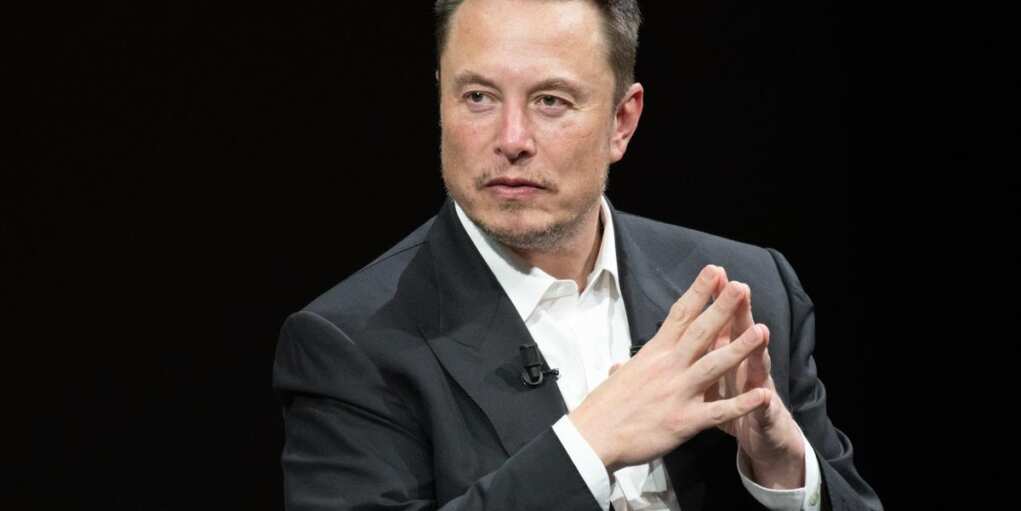Elon Musk Makes An Important DOGE Announcement

Elon Musk announced Tuesday that he plans to scale back his role as head of the Department of Government Efficiency (DOGE), telling investors that the majority of the work has been completed—but warning that without constant vigilance, government waste will return.
Speaking during Tesla’s earnings call, Musk confirmed he’ll be stepping down from the day-to-day grind of his federal role starting in May, calling the reform effort “mostly done.” However, he added that he will remain involved on a part-time basis through the remainder of President Donald Trump’s term.
“I’ll have to continue doing it for I think the remainder of the president’s term just to make sure the waste and fraud that we stopped does not come roaring back, which it will do if it has the chance,” Musk said. “I think I’ll continue to spend a day or two per week on government matters for as long as the president would like me to do so and as long as it would be useful.”
Musk’s unique dual role as Tesla CEO and federal efficiency czar has drawn both praise and criticism. Some Tesla shareholders have expressed concern that his deep involvement in Trump’s reform agenda may be harming the company’s brand. Musk addressed that concern head-on.
“We’ve had a few bumps in the road,” Musk admitted, referring to protests and boycotts sparked by his political alignment. “But I encourage people to look beyond the bumps and potholes of the road immediately ahead of us. Lift your gaze to the bright shining citadel on the hill—I don’t know, some Reagan-esque imagery—and that’s where we’re headed.”
DOGE was created by the Trump administration in January to overhaul federal waste and streamline government spending. Since then, Musk has overseen the closure or restructuring of dozens of programs, most notably the controversial U.S. Agency for International Development (USAID), which Musk has criticized for funneling billions into “woke” and ineffective global initiatives.
“USAID has been burning billions on programs that are out of touch with American interests,” Musk wrote on X in February. “Some of them even fund extremist groups and shady foreign regimes. That’s unacceptable.”
Democrats, predictably, were furious over Musk’s comments and the administration’s reforms. Several called for congressional inquiries, while left-wing activists escalated their anti-Musk protests in March—including acts of vandalism and arson at Tesla charging stations across the country.
U.S. Attorney General Pam Bondi vowed that offenders would be prosecuted without leniency. “This wasn’t a protest—it was criminal terrorism against private property,” Bondi said. “We’ve arrested three suspects so far, and they will face the full force of the law.”
Despite the backlash, Musk remains committed to seeing the DOGE mission through. He framed his continued involvement as necessary to protect the progress made in slashing wasteful spending and reducing bureaucratic sprawl.
“The system always wants to grow back,” Musk said. “You can cut it down, but the vines of inefficiency and corruption start creeping up the moment you look away.”
Musk has reportedly received support from within the Trump administration to remain engaged at a strategic level, helping monitor agencies and advising on future reforms. He also remains involved in the administration’s push to privatize select government services and automate costly manual processes.
While Musk didn’t provide specifics on who might eventually take over DOGE full-time, his remarks suggest that for now, he’ll remain the driving force behind one of the Trump administration’s most ambitious reform efforts.
“We’ve done what many said couldn’t be done,” Musk said. “Now the challenge is keeping it that way.”

